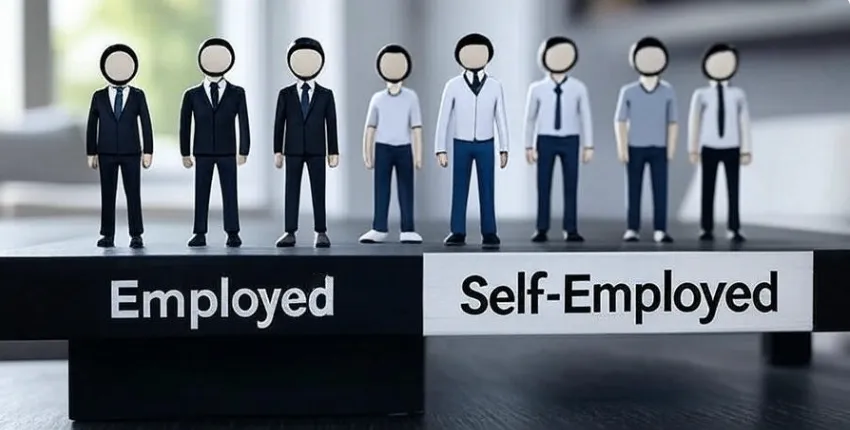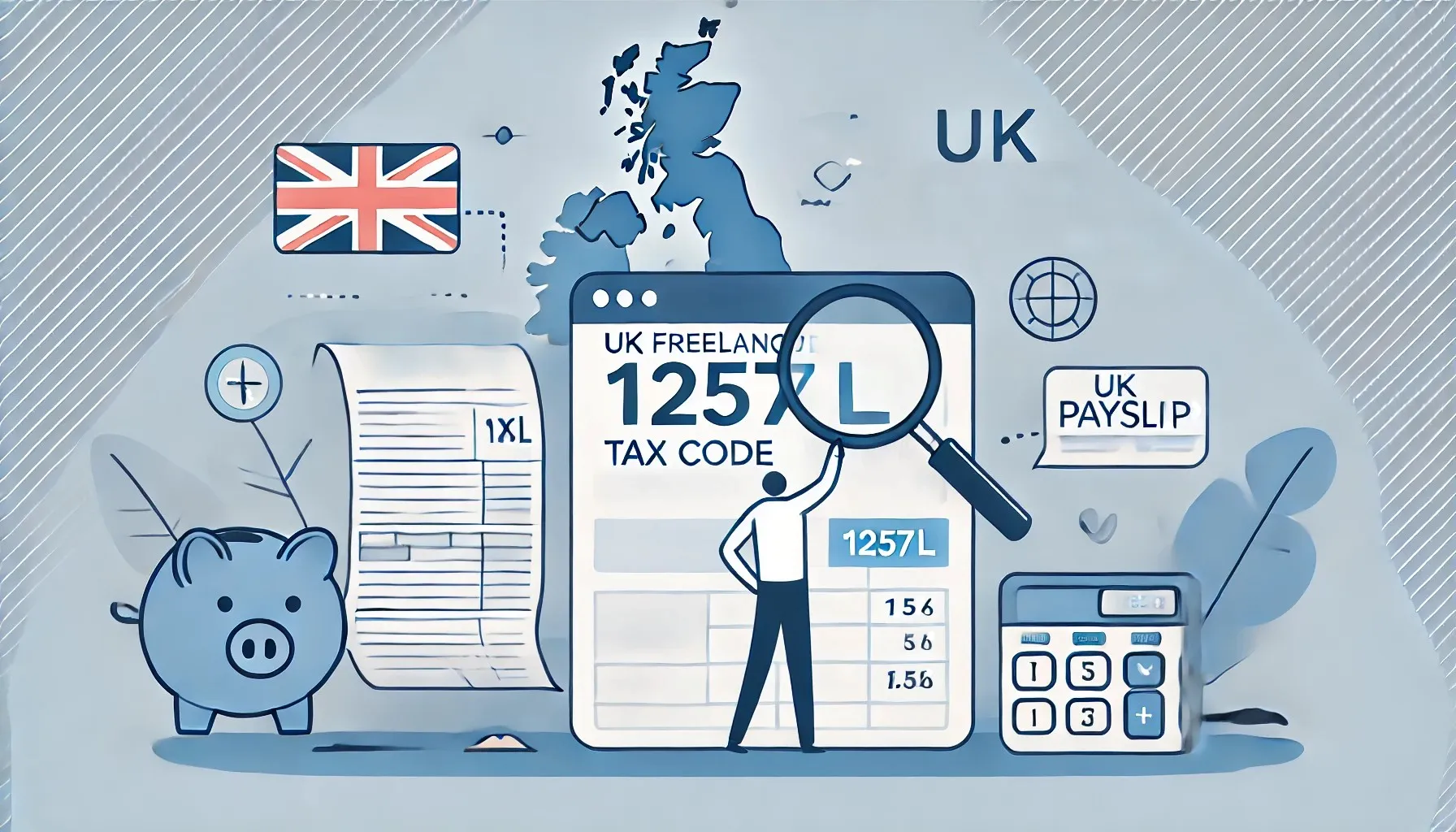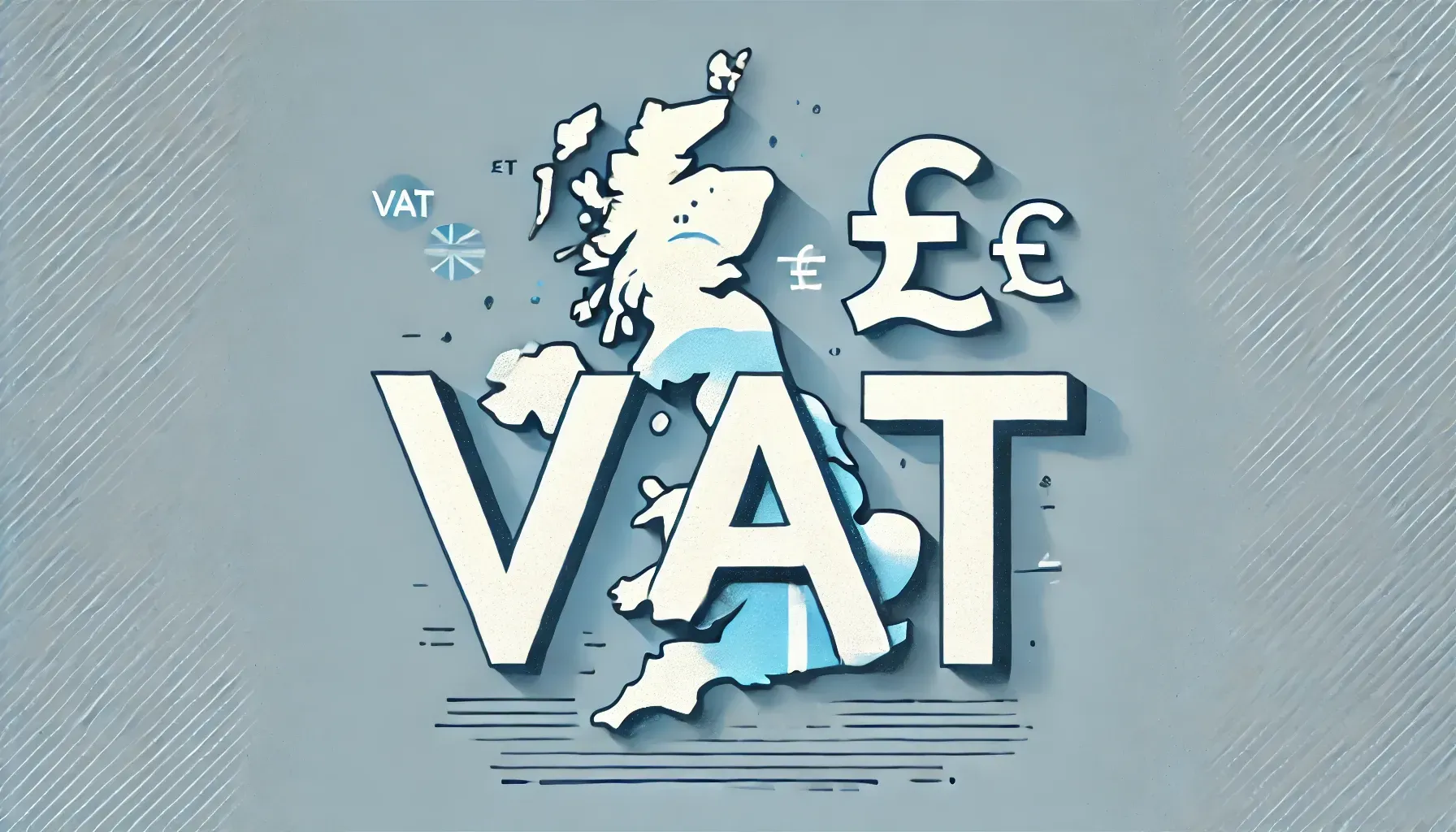Employment vs Self-Employment: Which One’s Right for You?
- 08 June 2025

Should You Go Self-Employed? Pros, Cons & How to Decide
Being your own boss sounds exciting, and for many people, it’s a great move. But it’s not always the easy option, and it’s definitely not for everyone. So how do you figure out whether employment or self-employment suits you best?
The truth is, it depends. Your industry, financial goals, lifestyle, and attitude toward risk all play a part.
At SBX Accountants, we work with both people making the leap into self-employment and long-time business owners looking to grow. Here’s a look at how employment and self-employment compare, the pros, the cons, and what you need to know before making a decision.

Basics: What’s the Difference?
At a glance, it’s simple:
- Employees work for someone else and are paid a salary or hourly wage.
- Self-employed individuals work for themselves and run their own businesses.
But beneath the surface, the differences are significant — especially when it comes to tax and responsibilities.
- Employees have tax and National Insurance deducted automatically via PAYE.
- Self-employed people must manage their own tax affairs: track income, file Self Assessments, and budget for tax payments.
✅ At SBX, we help self-employed clients stay on top of their records – so tax time isn’t panic time.
Self-Employment Pros and Cons
Benefits of Being Self-Employed
- Total flexibility in when and how you work
- Control over which clients or jobs you take
- Potential to earn more by setting your own rates
- Unlimited growth potential — you keep the profits
Challenges to Be Aware Of
- No sick pay, holiday pay, or employer pension
- You handle everything — from admin to marketing
- Income can vary month to month
- You’re responsible for tax, compliance, and insurance
You’ll also need to:
- Maintain accurate digital records (especially with MTD for Income Tax coming April 2026)
- File Self Assessments annually
- Save throughout the year for your tax bill
What About Earnings Potential?
Can you earn more if you go self-employed?
Sometimes — yes. Freelancers and contractors in fields like:
- Design
- IT
- Construction
- Consulting
…often charge more than they’d earn as employees.
That said, it’s not guaranteed. Many clients start part-time while holding onto their job, then scale once they’re confident.
✅ At SBX, we help clients build a financial plan and test the waters safely before going all-in.
Don’t Forget Employment Benefits
- Being employed comes with a few comforts:
- Paid annual leave
- Sick pay
- Employer pension contributions
- Statutory maternity/paternity leave
- Sometimes even health cover or training budgets
As a self-employed person, you’ll need to plan for these yourself — but it’s doable:
- Set up a private pension
- Budget for time off
- Claim allowable expenses (e.g. travel, equipment)
- Check if you’re eligible for Maternity Allowance, etc.
Stability and Security
Employment = stability.
You get regular pay, notice periods, and redundancy protection.
Self-employment = freedom.
But it means finding your own clients and managing your own workload.
Many people find that once they’re established, self-employment feels just as secure — sometimes more so, because you’re not reliant on one employer.
Mortgages and Self-Employment
Getting a mortgage when you’re self-employed is possible — but takes more preparation.
Lenders usually want:
- 2 years of accounts
- Evidence of stable income
- Good recordkeeping
✅ We work closely with self-employed clients to keep their books in order and mortgage-ready.
Work-Life Balance — Reality vs Expectations
The idea of working around your lifestyle is one of the biggest attractions.
But be warned: without structure, your work can quickly eat into evenings and weekends.
With the right systems, support, and time management, though, that work-life balance is very achievable.
When to Register as Self-Employed
You must register with HMRC if you earn more than £1,000 from self-employment in a tax year.
Your responsibilities will vary depending on whether you:
- Operate as a sole trader
- Set up a limited company
Not sure which is right for you? We can advise.
Thinking About Going Solo?
Whether you’re just exploring or ready to make the leap, SBX Accountants is here to support you.
We offer:
✅ Business structure advice
✅ Startup packages from £50/month
✅ Ongoing support, tax returns, and bookkeeping
✅ Friendly, responsive guidance year-round
📞 Book a free consultation today at sbxaccountants.com — and let’s help you go self-employed with confidence.





